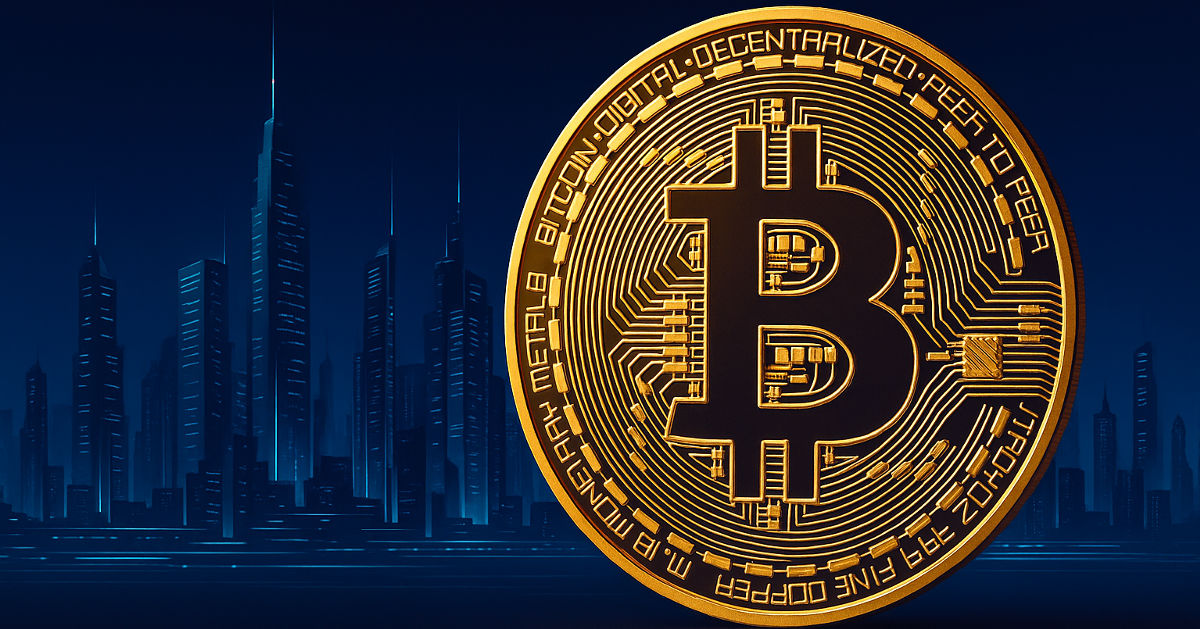
This week’s edition of Finovate Global highlights recent fintech news from the Philippines.
Philippine mobile payments company Mynt, the firm behind super app GCash, has secured an investment of $393 million courtesy of an investment from Mitsubishi UFJ (MUFG). The funding comes at virtually the same time as the company reported another $393 million investment, this one from Philippines-based conglomerate Ayala Corporation.
“We are thrilled to welcome MUFG as a new strategic partner,” said Mynt President and CEO Martha Sazon. “With their global expertise and reach within the financial inclusion space, they will be instrumental in further expanding GCash’s social impact, especially to the underserved. Alongside this, Ayala’s unmatched commitment to Philippine economic growth and development, and its expertise in multiple industries will accelerate GCash’s mission.”
The investments give the Filipino firm a valuation of $5 billion, and gives MUFG an 8% stake in the company. Ayala’s share climbs to approximately 13%.

A subsidiary of Globe Telecom, Mynt’s GCash is used by more than 90 million individuals to buy prepaid airtime, pay bills, send and receive funds, transact with merchants, and access savings, credit, insurance, and investment products.
“GCash is an indispensable infrastructure for everyday life of Filipinos and we are delighted to join Mynt as a strategic investor to support the growth of the company,” MUFG Senior Managing Corporate Executive, Head of Global Commercial Banking Business Group Yasushi Itagaki said. “With our investment, we are excited to expand our contribution to the ongoing development of the Philippines’ digital economy and financial inclusion.”
MUFG’s investment comes at a time when the banking group has been funding a range of regional fintechs that are helping bring financial services to the underbanked. Among these fintechs are Ascend Money, a super app based in Thailand, as well as Grab of Singapore and Akulaku of Indonesia.
Earlier this year, Globe Telecom suggested that the super app may launch as a public company in the Philippines next year. This week, Bloomberg reported that the company may pursue a Philippine digital banking license, as well.
Mynt’s GCash is a big deal in the Philippines when it comes to mobile fintech apps. But how big are mobile fintech apps in the Philippines? A new report from UnaFinancial noted that among Southeast Asian nations mobile fintech app adoption has been strong overall, but nowhere more so than in the Philippines where mobile fintech app penetration reached 63% by May of this year. Malaysia was second at 55%. Interestingly, fintech powerhouse Singapore registered 45%, tied with Thailand and behind Indonesia’s 49%. Vietnam showed 32% mobile fintech app penetration.
Why such a strong performance for mobile fintech apps in the Philippines? The UnaFinancial analysts cited a handful of factors including the large number of unbanked Filipinos; regulatory support for developing digital financial technologies; a sizable, tech-savvy youth population; and growing rates of Internet adoption. Digital wallets and payment apps remain the most popular mobile fintech apps, with mobile banking apps making a strong second place showing. One area of particular growth is lending apps, which increased their share of mobile fintech apps from 1% to 5% between 2019 and 2024.
The report noted that the Philippines is likely to remain the regional leader in mobile fintech app adoption. But recent growth in Indonesia’s fintech sector has UnaFinancial predicting that Indonesia could take the second spot from Malaysia by the end of 2030.
The Bangko Sentral ng Pilipinas (BSP), the central bank of the Philippines, will lift its moratorium on the granting of new digital banking licenses starting on the first of January 2025.
The move will allow as many as ten digital banks to operate in the Philippines. Currently, six digital banks have been licensed to operate in the country since the introduction of the Digital Banking Framework in 2020. This week’s announcement will allow as many as ten digital banks, opening the door for the granting of an additional four licenses. Both new applicants as well as existing banks are eligible to apply, though the BSP noted that the licensing process will be “stringent.”
Additionally, the BSP made clear in a statement that it is looking for innovation rather than more of the same. “Applicants must bring something new to the table,” said bank governor Eli M Remolona, Jr. “We want to see unique product and service offerings that are different from that offered by the existing market players.”
BSP’s announcement contrasts with a recent decision by the Hong Kong Monetary Authority, which has suspended its issuance of new digital banking licenses.
Here is our look at fintech innovation around the world.
Central and Southern Asia
Latin America and the Caribbean
Asia-Pacific
Sub-Saharan Africa
Central and Eastern Europe
Middle East and Northern Africa
Photo by charlesdeluvio on Unsplash
Views: 37




















